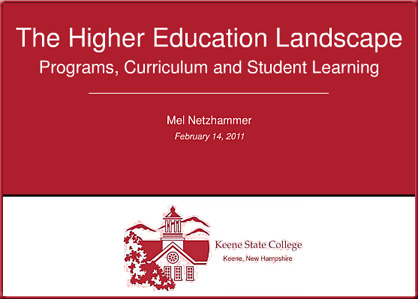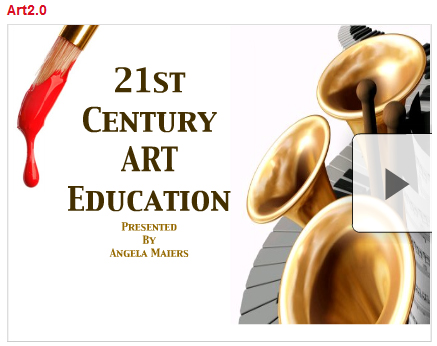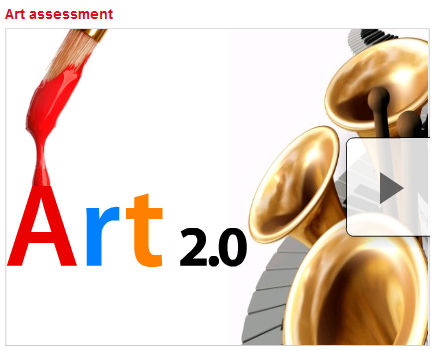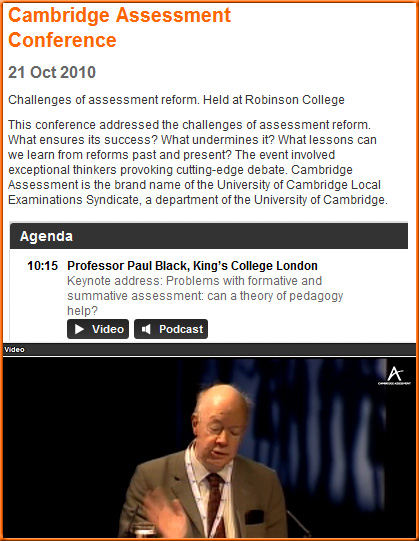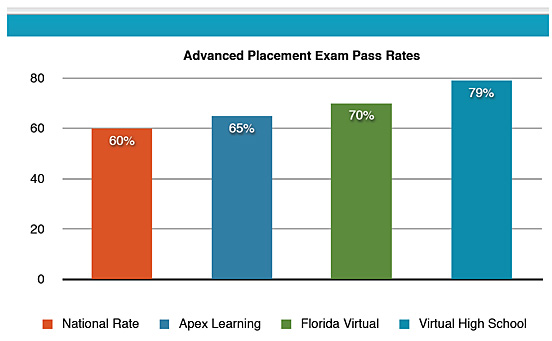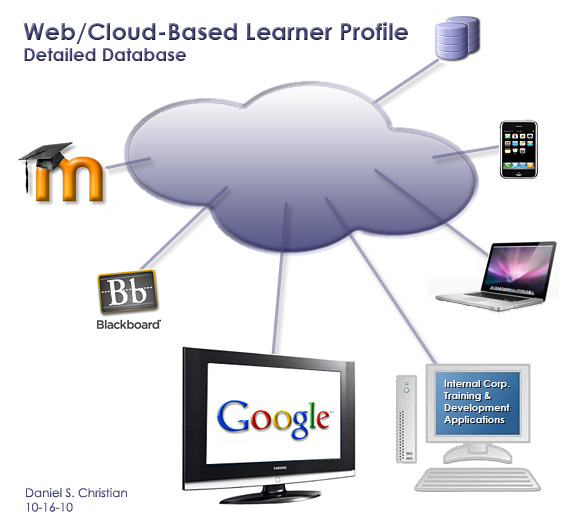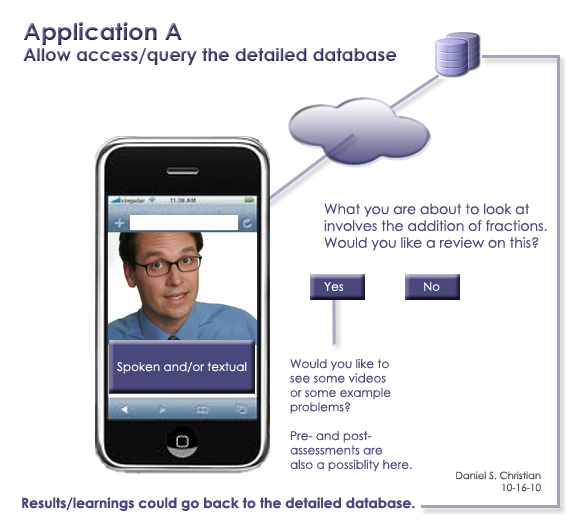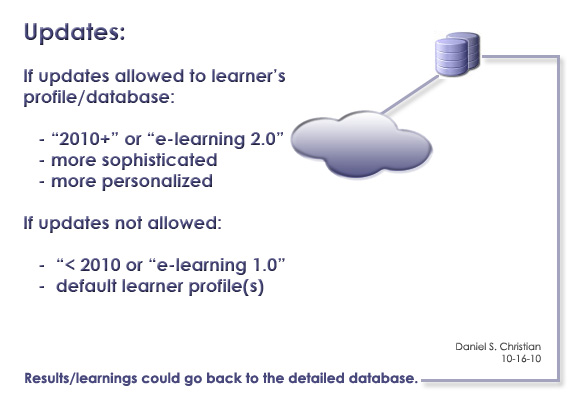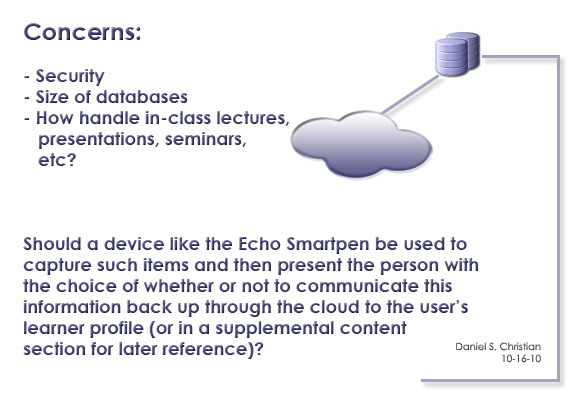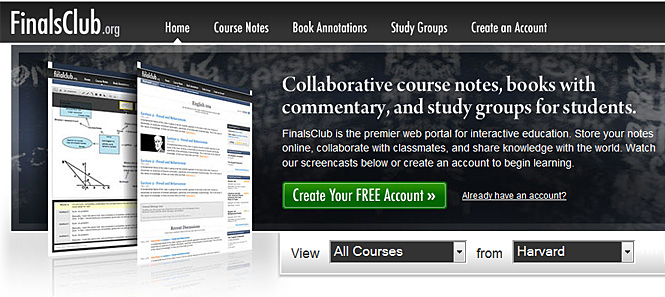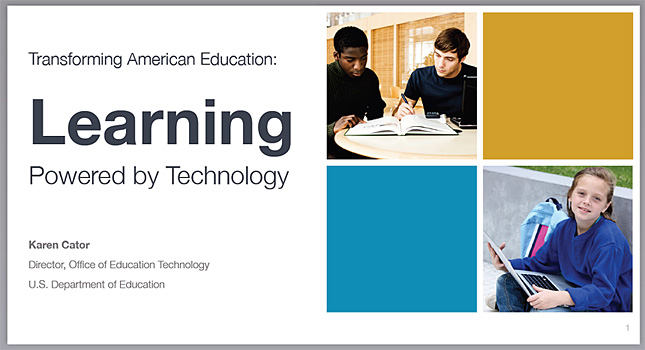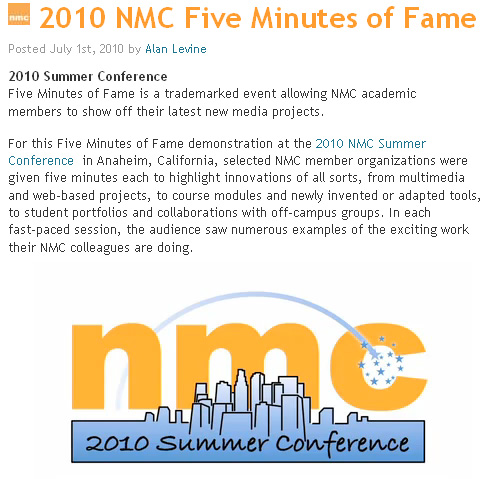Evidence of learning online: Assessment beyond the paper — from CampusTechnology.com by Judith Boettcher
…learning designer Judith Boettcher examines online assessment strategies beyond the traditional end-of-term paper.
Excerpts:
Professional Work Products
- Written and audio communications of all types, such as press announcements, white papers, briefs, summaries, memos, project management documentation
- Creating and planning news events, such as announcements, interviews, or regular updates of interests, such as podcasts
- Setting up personal or group blogs within different contexts of leadership, business, etc.
- Setting up wikis for team projects, areas for monitoring developments
- Many more listed…
Interviews
The interview medium is a very flexible communication tool and can be used by both faculty and students for demonstrating understanding and eliciting the state of concept development. Here are some possible strategies that can require research, critical thinking, and writing.
- Learners identify an expert or a person of interest to them in a particular field germane to the course and then prepare the interview questions, do the interview, and then post the results
- Learners identify and interview the author of a textbook or article closely related to the course, possibly updating information critical to the course
- Many more listed…
Audio, Video, and Visual Projects
What about other media such as audio and video projects? Today’s learners live surrounded by audio and video and the tools that make it possible for everyone to create and produce audio and video products. Here are some of the possibilities with audio and video spaces.
- Podcasting resources now are very common so learners are familiar enough with the format to embrace creating audio and video podcasts of their own
- Video shorts and ad hoc documentaries engage learners and draw in their friends and families
- Creating and posting short reports via VoiceThread is another “writing space” to consider as are Flickr, YouTube, and Slideshare
Blogs
Blogs are a very underutilized writing space. Blogs share many characteristics with journals and thus can capture snapshots of what learners are thinking, and when; plus they often can also capture the sources of some of their thinking. Blogs help learners understand the growth cycle of learning new concepts and how and why they think the way they do. Here are some ideas on how blogs, both personal and class, might be used.
- Personal commentary and self-reflection
- Capturing thought processes and generating new ideas
- Assist learners in finding their “voice”
- Many more…
Wikis
- Collaborating on group and team projects of all kinds
- Capturing and developing ideas for solving critical problems and case studies and simulations
- Developing “featured” Bronze star Wikipedia articles on specific topics in particular disciplines









